Peninsula Health Center | Addiction Treatment in South Bay Area
Chronic Pain Management in California
Chronic Pain Management
Home / Treatment Programs / Chronic Pain Management
- Call Today for a Free Consultation
- 866-934-8228
Chronic Pain Management in California
Chronic pain is often associated with a higher risk of substance abuse and addiction. This can stem from legitimately prescribed medicines that patients become addicted to and the desire to self-medicate the pain. Peninsula Health Center provides alternative options for chronic pain management in California and is a trusted Palos Verdes drug rehab center.
Medication-Assisted Treatment
Expertly managed medication-assisted treatment options available to all clients.
Unique Therapies
We utilize the latest advancements to ensure all clients experience personalized care.
Outpatient Options
We offer day and night intensive outpatient options so you don't have to worry about missing out.
Meet the Team
At Peninsula Health Center, we've established a world-class team of expert, caring treatment providers.
Our Program Defined
We offer integrative wellness solutions from addiction to mental health to overall health & wellness.
Tour Our Facility
Our convenient location makes its easy to access top-notch addiction medicine in Southern California.
A Path to Healing
Understanding Chronic Pain
Chronic pain is persistent pain lasting more than 12 weeks, even with medication and treatment. When most people experience an injury or undergo surgery, they return to a sense of normal as they heal. Chronic pain is different. Sometimes the pain can be lasting or occur without a history of operations or injuries. Chronic pain can also affect people with certain health conditions, including irritable bowel, arthritis, and diabetes.
The nerves within the spine and the brain comprise the central nervous system. Spine nerves transmit messages from the body back to the brain, with the brain serving as a control center to figure out what needs to be done based on those messages.
There can be a misinterpretation in the brain about pain signals, however.
Chronic pain can come and go or be present all the time. It impacts your ability to engage in daily activities and can lead to mental health conditions, including anxiety and depression.
It’s estimated that around 25% of adults in the U.S. have chronic pain.
If you’re experiencing pain, your healthcare team might try to find the source and then treat that. In many cases, they can’t identify the cause of the pain, so the goal is symptom management instead.
Many medicines treat chronic pain, including anticonvulsants, corticosteroids, muscle relaxers, and antidepressants. None of these are considered addictive or habit-forming.
On the other hand, opioids can be highly addictive and are usually the last resort for pain management when possible due to the tendency to develop dependence and addiction. Sedatives might also help with insomnia or anxiety stemming from chronic pain.
Peninsula Health Center offers alternative chronic pain management in California as part of our addiction and mental health treatment programs. Contact us today to learn more about our holistic drug rehab in California.

The Relationship Between Substance Abuse and Chronic Pain
When someone is living with chronic pain, it has extensive effects on their sense of mental and physical well-being.
It’s debilitating to feel nearly constant pain, making it somewhat common to deal with anxiety and depression about symptoms. When you’re experiencing anxiety or depression, it leads to decreases in serotonin, dopamine, and oxytocin. These declines can contribute to an increase in pain-related symptoms.
These are brain chemicals or neurotransmitters that serve as natural painkillers. If your levels of these neurotransmitters decrease, it can make you feel even worse.
At this point, you might find yourself in a situation where you’re misusing painkillers or other substances to self-medicate your symptoms.
Opioids are among the most frequently abused substances related to chronic pain. These include OxyContin, Vicodin, Percocet, and Dilaudid.
Benzodiazepines like Valium and Xanax also have high abuse rates among people with chronic pain.
An opioid or prescription drug addiction doesn’t typically start with someone intending for this to be the situation they face. Instead, they might start using these medicines as prescribed, find they develop a tolerance, and need larger doses for relief.
Peninsula Health Center offers Southern California chronic pain management solutions as part of our rehab and mental health programs.
Dual-Diagnosis
Find out more about our dual-diagnosis programming at Peninsula Health Center in Palos Verdes.
Holistic Therapies
Explore the different types of holistic treatment options offered at Peninsula Health Center.
Medication-Assisted
Discover how our medication-assisted treatment program works and begin healing today.
We're Here to Help
Signs of Addiction In Someone With Chronic Pain
Addiction doesn’t affect everyone who takes addictive medicines to treat pain. Many people can safely use these medicines without developing an addiction, but they might still become dependent even in these cases.
Dependence is a separate but often related concept to addiction. When you’re dependent on a substance, your brain and body have become used to it and reliant on it to function normally. If you stop taking that substance suddenly or cold turkey, your body struggles to return to a sense of balance or homeostasis.
This is why withdrawal symptoms occur.
Addiction can occur with or without dependence, a brain disease. Addiction is complex, but we’ve learned much more about it in recent decades. For example, it’s similar to other chronic diseases, affecting thinking, behavior, physical health, and relationships.
Signs of addiction in someone with chronic pain can include:
- Using medications without a prescription or other than how they’re prescribed.
- Taking larger doses to get desired effects.
- Making the substance a priority above other things in life.
- Continuing to use the substance even though it’s creating known negative effects in life.
- Trying unsuccessfully to curb your use or stop altogether.
- Being secretive about the use of substances.
- Having problems at home, school, or work because of substance misuse.
Along with chronic pain management in California, Peninsula Health Center offers rehab programs and mental health services for comprehensive, holistic treatment.
Personalized Treatment At Our Outpatient Detox Center in
Los Angeles
Get a free consultation right now. Fill out the form below to get a callback from our expert and caring admissions team. Whether you are a fit for our program or not, we will help you find the best treatment options that work for your personal needs.
Managing Pain Without Addictive Substances
It can be challenging if you’re dealing with a combination of chronic pain and addiction, but there are treatment options.
Initially, if you seek professional treatment for an addiction, you’ll go through a medical detox so your body can safely remove toxins.
Once you’ve detoxed, you can begin a treatment program.
Peninsula Health Center offers outpatient rehab programs that are flexible, convenient and work within your daily life to make treatment accessible.
You might participate in a combination of individual therapy and group therapy. You can receive other non-addictive medicines to help wean you off addictive substances.
Holistic medicine can also be a good way to manage pain. Holistic medicine helps to create a sense of mental and physical balance. Some holistic approaches to chronic pain management include mindfulness, yoga and exercise, journaling, and nutritional therapy.
Other types of holistic methods that can help with both the treatment of addiction and chronic pain include:
- Biosound therapy uses vibrations to calm the nervous system.
- Acupuncture can help detox symptoms from substances, chronic pain, and mental health conditions. Acupuncture is thought to increase endorphin levels and natural painkillers in the body.
- Equine therapy (horse or equine-assisted therapy) helps you gain a positive sense of self.
- You may have more significant pain symptoms as you’re going through detox, but massage can help. Massage can also reduce heart rate and blood pressure.
- Meditation helps reduce stress and boost your mood, and it can help with recovering from addiction and dealing with ongoing pain.
- Support groups allow you to develop coping strategies and communication skills as you develop methods to overcome challenges.
If you’re ready to explore chronic pain management in California combined with rehab and mental health programs, contact Peninsula Health Center today. We can help you take the next step or answer your questions.
Your Health Insurance Can Pay for Treatment
Learn more about how Peninsula Health Center works with health insurance plans and how your insurance can help cover most of the costs associated with treatment.

